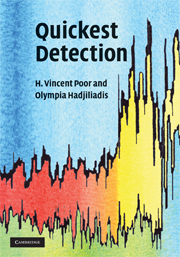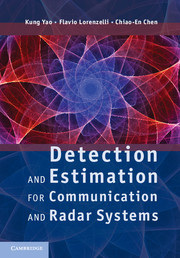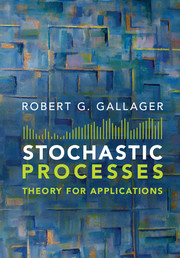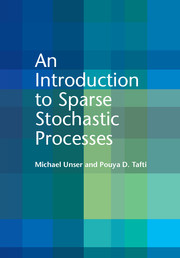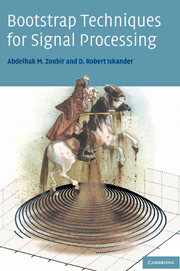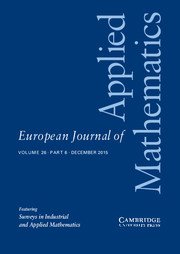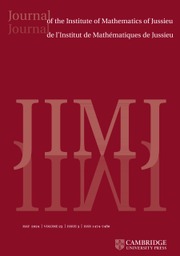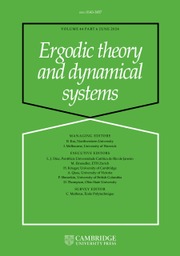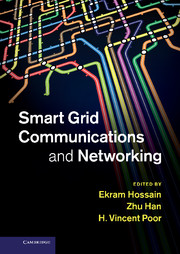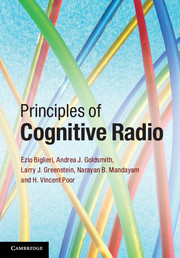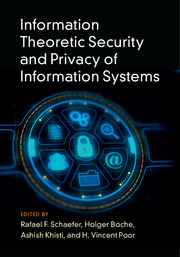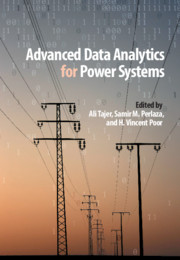Quickest Detection
- Authors:
- H. Vincent Poor, Princeton University, New Jersey
- Olympia Hadjiliadis, Brooklyn College, City University of New York
- Date Published: November 2008
- availability: Available
- format: Hardback
- isbn: 9780521621045
Hardback
Other available formats:
eBook
Looking for an inspection copy?
This title is not currently available for inspection. However, if you are interested in the title for your course we can consider offering an inspection copy. To register your interest please contact [email protected] providing details of the course you are teaching.
-
The problem of detecting abrupt changes in the behavior of an observed signal or time series arises in a variety of fields, including climate modeling, finance, image analysis, and security. Quickest detection refers to real-time detection of such changes as quickly as possible after they occur. Using the framework of optimal stopping theory, this book describes the fundamentals underpinning the field, providing the background necessary to design, analyze, and understand quickest detection algorithms. For the first time the authors bring together results which were previously scattered across disparate disciplines, and provide a unified treatment of several different approaches to the quickest detection problem. This book is essential reading for anyone who wants to understand the basic statistical procedures for change detection from a fundamental viewpoint, and for those interested in theoretical questions of change detection. It is ideal for graduate students and researchers of engineering, statistics, economics, and finance.
Read more- Collects widely scattered results into a single, unified treatment
- Includes the necessary background on probability and optimal stopping theory
- Provides the information needed to design, analyze, and understand quickest detection algorithms
Reviews & endorsements
'Nothing endures but change. This timely book applies Heraclitus' fundamental principle to the processes used to describe change itself. As financial markets ebb and flow, practitioners schooled in quickest detection stand the greatest chance for survival.' Peter Carr, Head of Quantitative Financial Research, Bloomberg
See more reviews'Quickest Detection is a fascinating read and a nice summary of the state of the art in this area. I would recommend it for use in either coursework or practical engineering.' IEEE Microwave Magazine
Customer reviews
Not yet reviewed
Be the first to review
Review was not posted due to profanity
×Product details
- Date Published: November 2008
- format: Hardback
- isbn: 9780521621045
- length: 244 pages
- dimensions: 253 x 178 x 18 mm
- weight: 0.64kg
- availability: Available
Table of Contents
1. Introduction
2. Probabilistic framework
3. Markov optimal stopping theory
4. Sequential detection
5. Bayesian quickest detection
6. Non-bayesian quickest detection
7. Additional topics.
Sorry, this resource is locked
Please register or sign in to request access. If you are having problems accessing these resources please email [email protected]
Register Sign in» Proceed
You are now leaving the Cambridge University Press website. Your eBook purchase and download will be completed by our partner www.ebooks.com. Please see the permission section of the www.ebooks.com catalogue page for details of the print & copy limits on our eBooks.
Continue ×Are you sure you want to delete your account?
This cannot be undone.
Thank you for your feedback which will help us improve our service.
If you requested a response, we will make sure to get back to you shortly.
×
